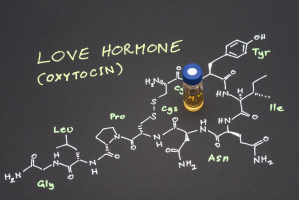Top 5 Best Ways to Increase Nitric Oxide Naturally
For overall health, nitric oxide is an essential molecule. Nitric oxide signals the blood vessels to relax so they can expand. This is known as a vasodilator. ... read more...Thanks to this effect, every part of your body may freely flow blood, nutrients, and oxygen. Your health, however, may be threatened if nitric oxide production is reduced. To achieve and keep optimal amounts of nitric oxide in your body, follow the tips listed below!
-
One of the numerous reasons vegetables are good for you is the presence of the compound nitrate in certain of them. Some vegetables are high in nitrate including celery, cress, chervil, lettuce, beetroot, spinach, arugula,...
Nitric oxide, which is produced when these foods are consumed and has a number of benefits for heart health and exercise performance. Furthermore, numerous studies have demonstrated that consuming nitrate-rich veggies can drop blood pressure as much as some blood pressure medications. Nitrates, particularly those from beetroot, are strongly recommended for enhancing athletes' exercise performance. But you should keep in mind that nitrates from vegetables are harmless, whereas nitrates in processed meats (typically bacon, cold cuts, and hot dogs) can be troublesome to health, particularly when consumed in excess over long periods.

Eat Vegetables High in Nitrates 
Eat Vegetables High in Nitrates -
Because nitric oxide is an unstable molecule that breaks down quickly in the bloodstream, it must be constantly replenished. Consuming antioxidants is one method to improve stability and decrease breakdown.
Antioxidants are molecules that neutralize free radicals, which contribute to the short life of nitric oxide. Although present in all foods, these antioxidants are mostly found in those that are plant-based, including grains, fruits, vegetables, nuts, and seeds. Some significant antioxidants are as follows:
- Vitamin C: helps in the formation of connective tissues in your body, such as cartilage, tendons, and bones. Additionally, it produces brain chemicals that support nerve cell communication.
- Vitamin E: protects cells from free radical damage, which is thought to be a factor in aging and disease. Additionally, it is crucial for maintaining a strong immune system.
- Polyphenols: have been linked to a number of health benefits, such as a decreased risk of cancer and cardiovascular disease.
- Glutathione: The master antioxidant and detoxifier of every cell in your body, is known as "the mother of all antioxidants".
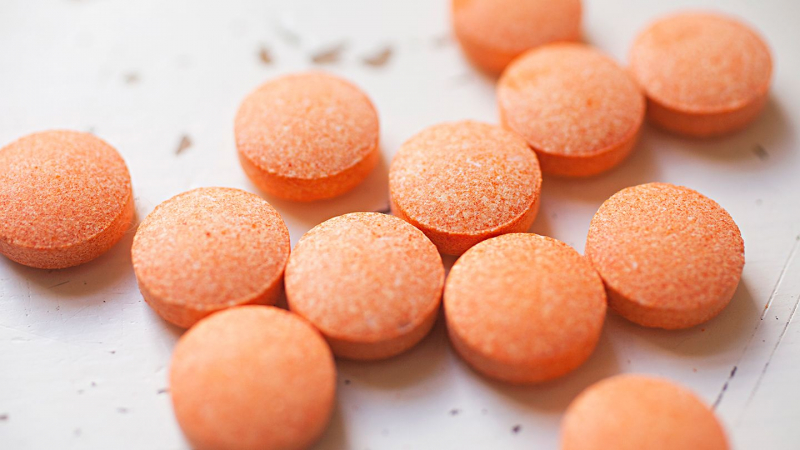
Increase Your Intake of Antioxidants 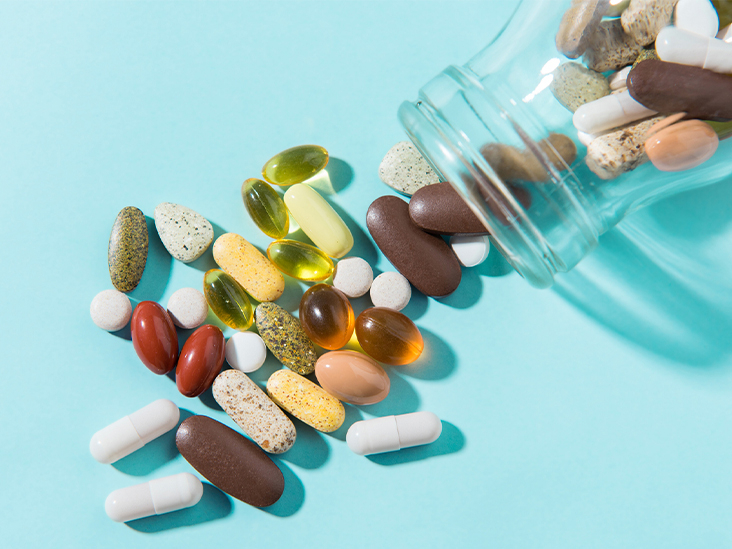
Increase Your Intake of Antioxidants -
The term "nitric oxide boosters" is used to describe some dietary supplements. These supplements contain components that help in the production of nitric oxide in your body but do not actually contain nitric oxide.
L-arginine and L-citrulline are two of the most widely used ingredients. They are available as supplements and have beneficial effects on vascular health and blood flow:
- L-Arginine: L-arginine uses a procedure known as the L-arginine-NO pathway to directly produce nitric oxide. L-arginine has been shown to increase blood flow in numerous studies, but only in specific populations. L-arginine works well to lower blood pressure in those with high blood pressure, especially pregnant women.
- L-Citrulline: L-citrulline has been shown in studies to improve exercise performance, increase blood flow, and lower blood pressure.
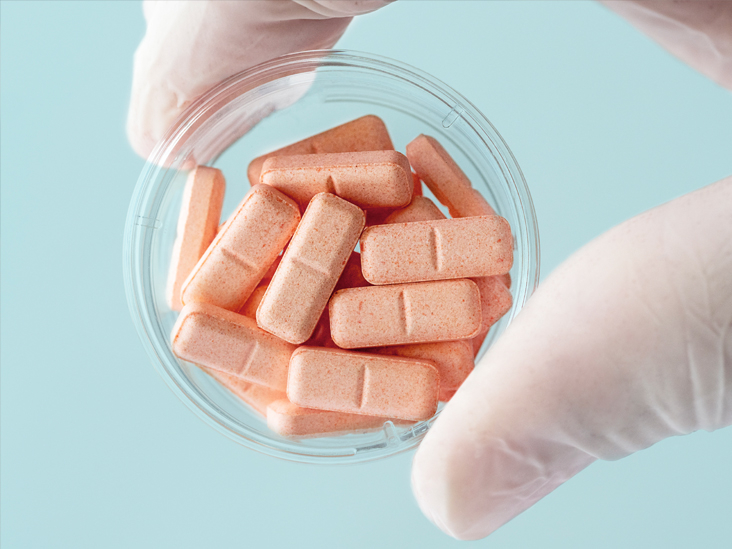
Use Nitric-Oxide-Boosting Supplements 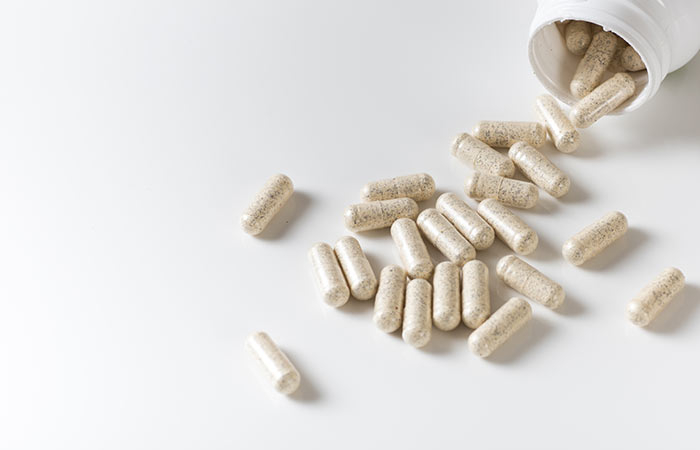
Use Nitric-Oxide-Boosting Supplements -
The bacteria in your mouth that might cause cavities and other dental diseases are removed by mouthwash. Unfortunately, mouthwash kills all bacteria, even the good ones that contribute to the production of nitric oxide.
Nitric oxide is produced in the mouth by specific bacteria. In fact, without these bacteria, humans are unable to synthesize nitric oxide from nitrate. According to studies, mouthwash kills the oral bacteria needed to produce nitric oxide for up to 12 hours. Nitric oxide production is reduced as a result, and in some cases, blood pressure is raised afterward. Mouthwash has a negative impact on nitric oxide production, which can lead to diabetes, which is characterized by malfunctions in insulin production or action.
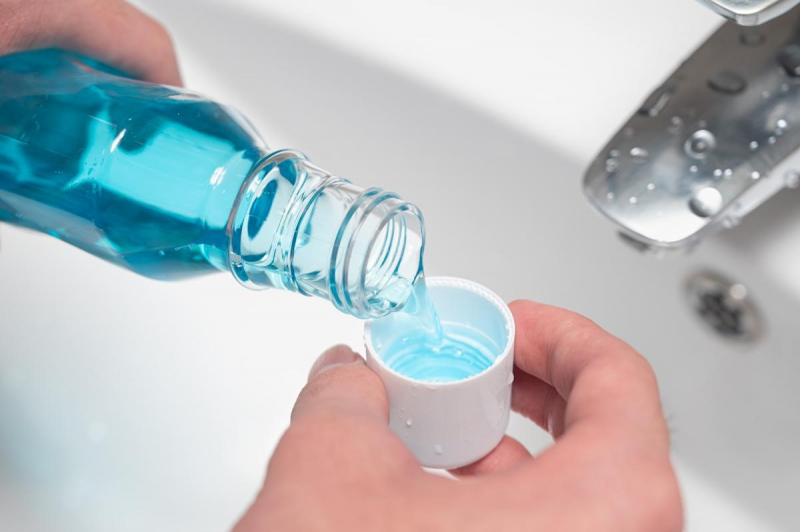
Limit Your Use of Mouthwash 
Limit Your Use of Mouthwash -
The main reason why exercise increases blood flow is that it improves endothelial function. The term "endothelium" describes the thin layer of cells that surrounds the blood vessels. Nitric oxide is produced by these cells and keeps blood arteries in good condition.
Insufficient nitric oxide production causes endothelial dysfunction, which can increase the risk of atherosclerosis, high blood pressure, and other heart disease risk factors. Through an increase in nitric oxide production, exercise helps to maintain the health of your endothelial cells and blood vessels. Numerous studies have demonstrated that regular exercise increases endothelial vasodilation in both patients with high blood pressure and heart disease as well as in healthy people. Exercise has been proven in studies to improve antioxidant activity, which helps prevent the nitric oxide breakdown brought on by free radicals. Exercise for 30 minutes at least three times a week will have a positive impact on endothelial health and nitric oxide production in as little as ten weeks.

Get Your Blood Flowing With Exercise 
Get Your Blood Flowing With Exercise

























